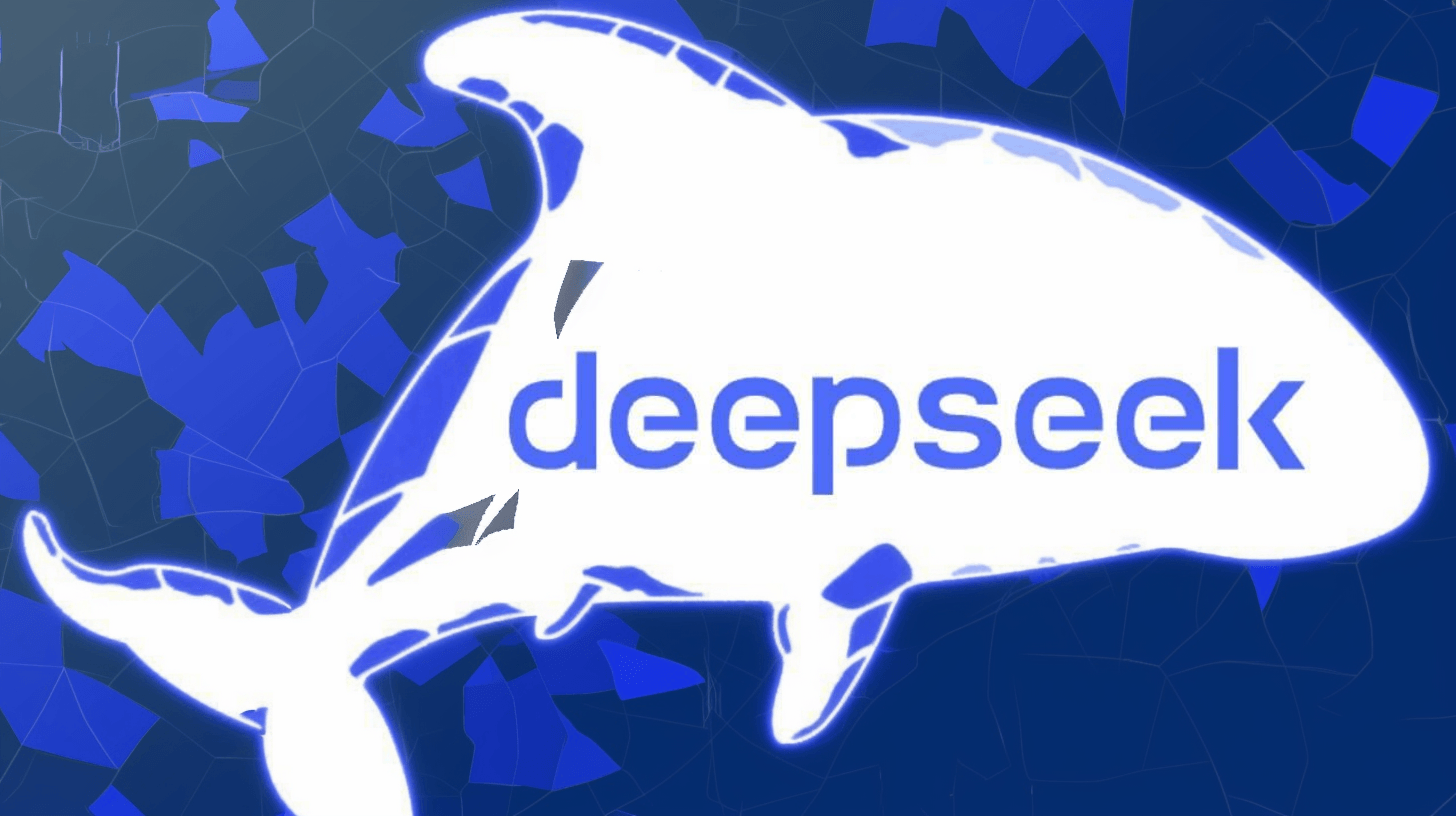
Imagine you are an undergraduate International Relations student and, like the millions that have come before you, you have an essay due at twelve noon. It is 37 minutes previous midnight and you haven't even started. Unlike the millions who have come before you, however, you have the power of AI at hand, to assist guide your essay and highlight all the key thinkers in the literature. You normally use ChatGPT, fraternityofshadows.com however you've just recently checked out about a brand-new AI model, utahsyardsale.com DeepSeek, that's supposed to be even better. You breeze through the DeepSeek sign up procedure - it's simply an e-mail and verification code - and you get to work, cautious of the creeping technique of dawn and the 1,200 words you have left to compose.
Your essay task asks you to consider the future of U.S. foreign policy, and you have actually chosen to compose on Taiwan, China, and the "New Cold War." If you ask Chinese-based DeepSeek whether Taiwan is a nation, you receive a really various response to the one offered by U.S.-based, market-leading ChatGPT. The DeepSeek model's action is jarring: "Taiwan has actually constantly been an inalienable part of China's sacred area given that ancient times." To those with a long-standing interest in China this discourse recognizes. For example when then-U.S. House Speaker Nancy Pelosi checked out Taiwan in August 2022, prompting a furious Chinese reaction and unmatched military exercises, the Chinese Ministry of Foreign Affairs condemned Pelosi's check out, declaring in a statement that "Taiwan is an inalienable part of China's area."
Moreover, DeepSeek's action boldly declares that Taiwanese and Chinese are "connected by blood," straight echoing the words of Chinese President Xi Jinping, demo.qkseo.in who in his address celebrating the 75th anniversary of the People's Republic of China mentioned that "fellow Chinese on both sides of the Taiwan Strait are one household bound by blood." Finally, the DeepSeek action dismisses chosen Taiwanese political leaders as engaging in "separatist activities," employing an expression regularly utilized by senior Chinese officials including Foreign Minister Wang Yi, and cautions that any efforts to undermine China's claim to Taiwan "are doomed to fail," recycling a term continuously used by Chinese diplomats and military personnel.
Perhaps the most disquieting feature of DeepSeek's action is the consistent usage of "we," with the DeepSeek design stating, "We resolutely oppose any form of Taiwan independence" and "we securely believe that through our joint efforts, the total reunification of the motherland will ultimately be attained." When probed as to exactly who "we" involves, DeepSeek is determined: "'We' refers to the Chinese federal government and the Chinese individuals, who are unwavering in their commitment to safeguard national sovereignty and territorial stability."
Amid DeepSeek's meteoric increase, much was made from the design's capacity to "reason." Unlike Large Language Models (LLM), reasoning designs are developed to be professionals in making rational decisions, not merely recycling existing language to produce unique reactions. This distinction makes using "we" a lot more worrying. If DeepSeek isn't merely scanning and recycling existing language - albeit seemingly from an extremely restricted corpus mainly including senior Chinese government officials - then its reasoning model and using "we" suggests the emergence of a model that, without promoting it, looks for to "factor" in accordance just with "core socialist values" as specified by a progressively assertive Chinese Communist Party. How such values or logical thinking may bleed into the daily work of an AI design, maybe quickly to be utilized as a personal assistant to millions is unclear, but for an unsuspecting chief executive or charity supervisor a model that may prefer effectiveness over responsibility or stability over competitors could well cause worrying results.
So how does U.S.-based ChatGPT compare? First, ChatGPT does not use the first-person plural, however provides a composed introduction to Taiwan, outlining Taiwan's complex worldwide position and describing Taiwan as a "de facto independent state" on account of the truth that Taiwan has its own "federal government, military, and economy."
Indeed, reference to Taiwan as a "de facto independent state" evokes former Taiwanese President Tsai Ing-wen's remark that "We are an independent country currently," made after her 2nd landslide election victory in January 2020. Moreover, the influential Foreign Affairs Select Committee of the British Parliament recognized Taiwan as a de facto independent nation in part due to its having "a permanent population, a specified area, government, and the capability to participate in relations with other states" in an August, 2023 report, a response also echoed in the ChatGPT reaction.
The vital distinction, nevertheless, is that unlike the DeepSeek model - which simply provides a blistering declaration echoing the greatest tiers of the Chinese Communist Party - the ChatGPT reaction does not make any normative declaration on what Taiwan is, or is not. Nor does the reaction make appeals to the worths typically upheld by Western politicians looking for to highlight Taiwan's significance, such as "liberty" or "democracy." Instead it merely details the completing conceptions of Taiwan and how Taiwan's intricacy is shown in the international system.
For the undergraduate student, DeepSeek's action would provide an unbalanced, emotive, and surface-level insight into the role of Taiwan, doing not have the academic rigor and complexity essential to get a great grade. By contrast, ChatGPT's reaction would invite discussions and analysis into the mechanics and meaning-making of cross-strait relations and China-U.S. competition, welcoming the critical analysis, use of evidence, and empireofember.com argument advancement needed by mark schemes employed throughout the scholastic world.
The Semantic Battlefield
However, the implications of DeepSeek's reaction to Taiwan holds considerably darker undertones for Taiwan. Indeed, Taiwan is, and has long been, in essence a "philosophical issue" defined by discourses on what it is, or is not, that emanate from Beijing, Washington, and Taiwan. Taiwan is therefore essentially a language video game, oke.zone where its security in part rests on perceptions amongst U.S. legislators. Where Taiwan was as soon as interpreted as the "Free China" during the height of the Cold War, it has in recent years significantly been seen as a bastion of democracy in East Asia facing a wave of authoritarianism.
However, must present or future U.S. political leaders concern view Taiwan as a "renegade province" or cross-strait relations as China's "internal affair" - as regularly declared in Beijing - any U.S. resolve to intervene in a conflict would dissipate. Representation and analysis are essential to Taiwan's predicament. For example, Professor of Political Science Roxanne Doty argued that the U.S. intrusion of Grenada in the 1980s only brought significance when the label of "American" was credited to the soldiers on the ground and "Grenada" to the geographic area in which they were entering. As such, if Chinese soldiers landing on the beach in Taiwan or Kinmen were translated to be simply landing on an "inalienable part of China's spiritual territory," as presumed by DeepSeek, with a Taiwanese military action considered as the useless resistance of "separatists," a completely different U.S. reaction emerges.
Doty argued that such differences in analysis when it pertains to military action are essential. Military action and the reaction it stimulates in the global neighborhood rests on "discursive practices [that] constitute it as an invasion, a program of force, a training exercise, [or] a rescue." Such interpretations return the bleak days of February 2022, when directly prior to his invasion of Ukraine Russian President Vladimir Putin claimed that Russian military drills were "simply protective." Putin described the intrusion of Ukraine as a "special military operation," with recommendations to the invasion as a "war" criminalized in Russia.

However, in 2022 it was highly unlikely that those viewing in horror as Russian tanks rolled across the border would have happily used an AI personal assistant whose sole referral points were Russia Today or Pravda and the framings of the Kremlin. Should DeepSeek develop market supremacy as the AI tool of option, it is most likely that some may unintentionally trust a model that sees consistent Chinese sorties that run the risk of escalation in the Taiwan Strait as simply "needed measures to protect national sovereignty and territorial stability, in addition to to preserve peace and stability," as argued by DeepSeek.
Taiwan's precarious plight in the worldwide system has actually long remained in essence a semantic battlefield, where any physical dispute will be contingent on the moving meanings associated to Taiwan and its individuals. Should a generation of Americans emerge, schooled and mingled by DeepSeek, that see Taiwan as China's "internal affair," who see Beijing's aggression as a "needed procedure to secure nationwide sovereignty and territorial integrity," and who see chosen Taiwanese politicians as "separatists," as DeepSeek argues, the future for Taiwan and the millions of individuals on Taiwan whose unique Taiwanese identity puts them at odds with China appears exceptionally bleak. Beyond toppling share rates, the emergence of DeepSeek need to raise severe alarm bells in Washington and around the world.










